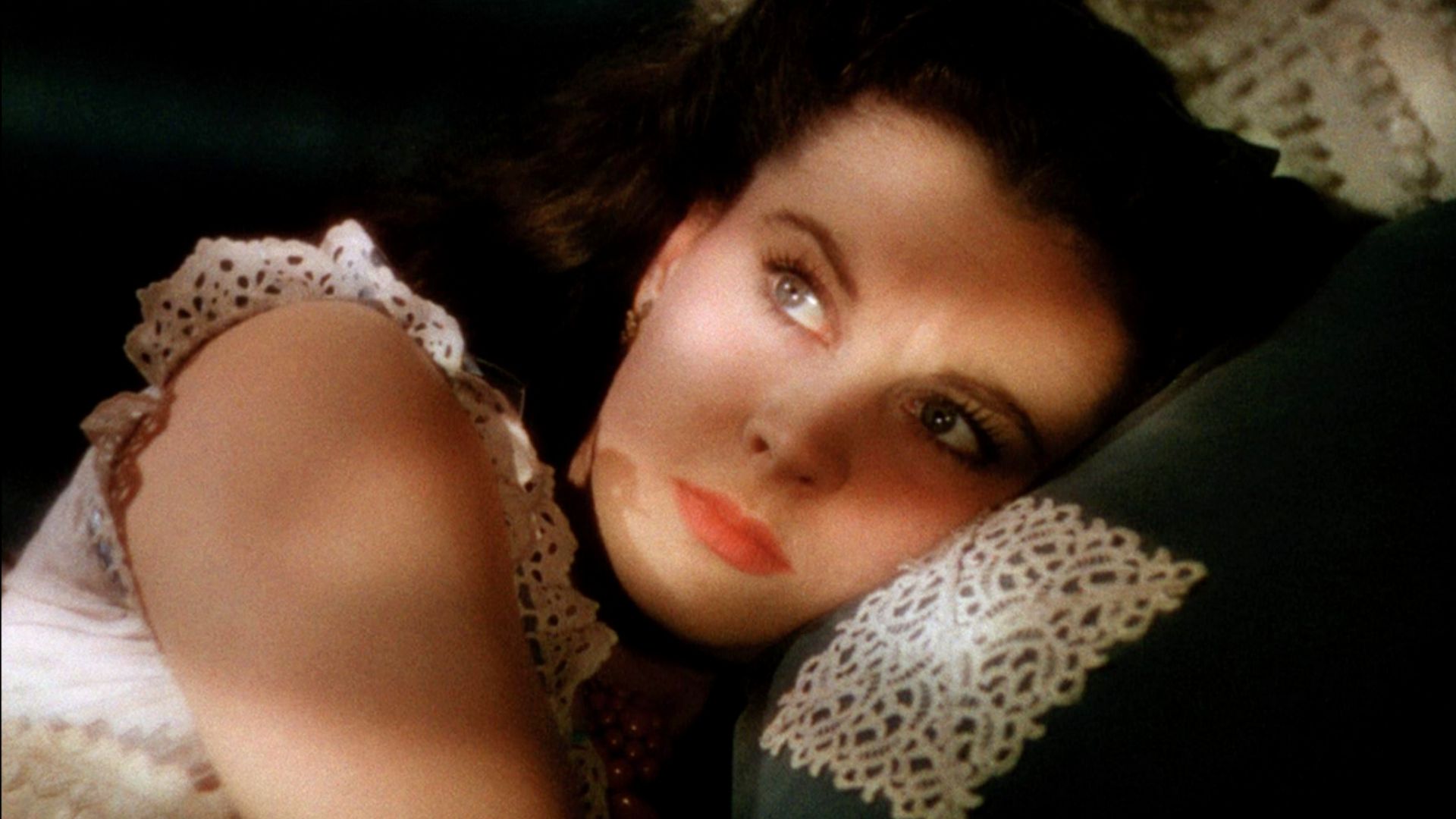Top R6 esports is coming to the US, Japan, and Brazil: Major locations in 2026

Okay, so last year with the new version of R6 Siege was a bit rough for esports, but 2026 is looking way better! We’re finally getting a full schedule of Majors. Basically, teams can now qualify through a Season Kickoff and two Splits to get into the really big tournaments, including a mid-season showdown at the Esports World Cup. And of course, the whole season builds up to the awesome final at Six Invitational – it’s what we all wait for!








